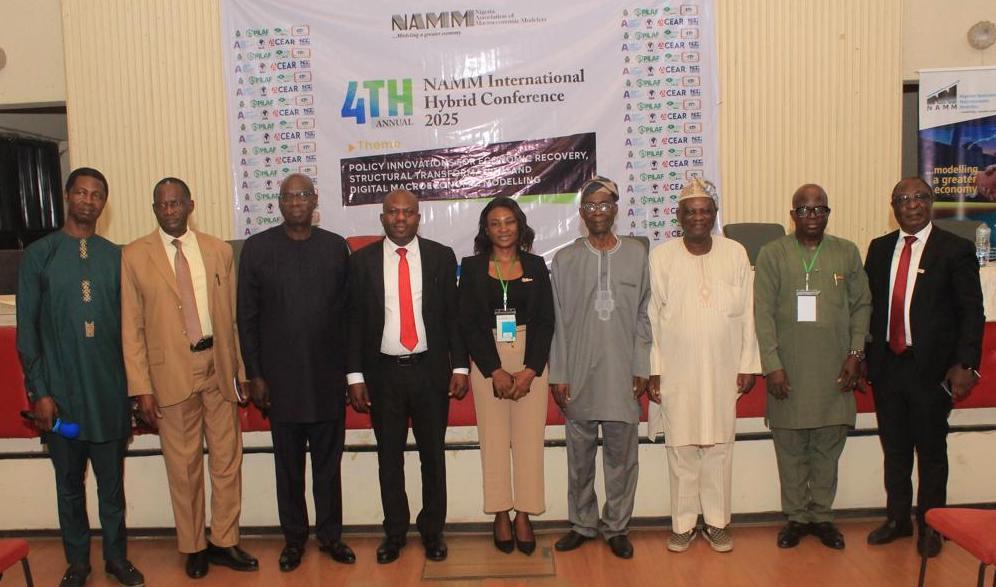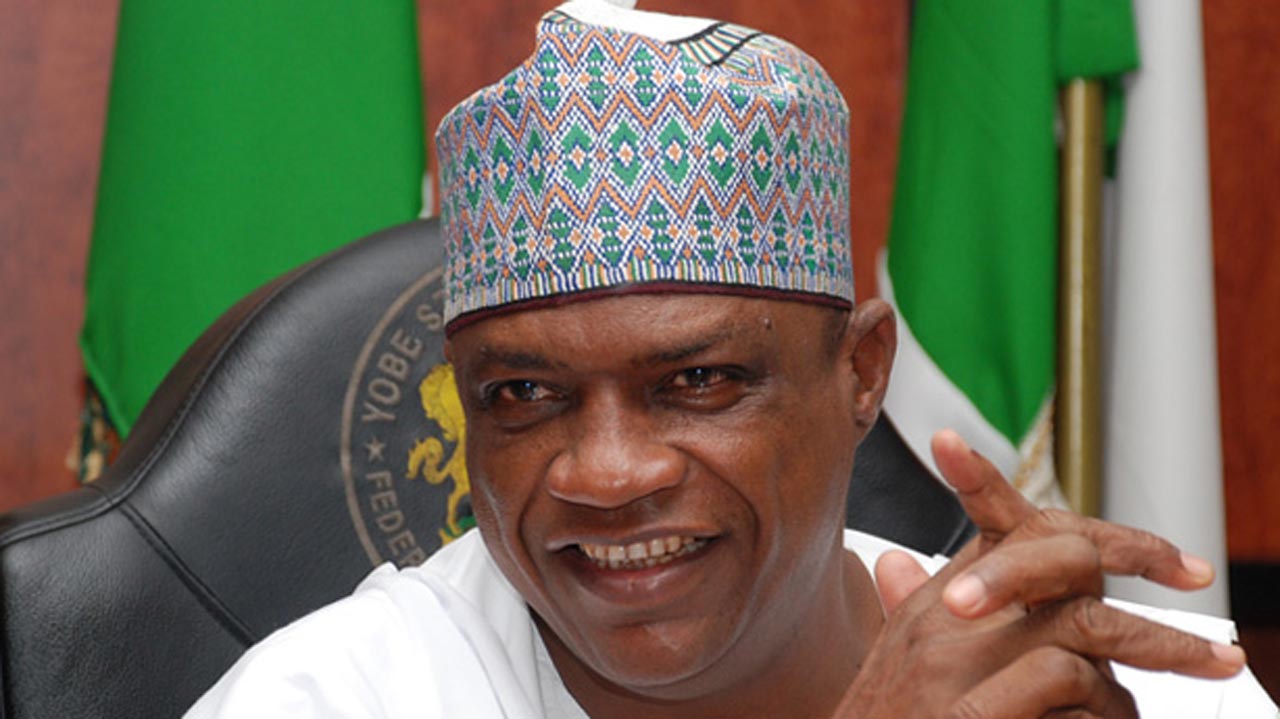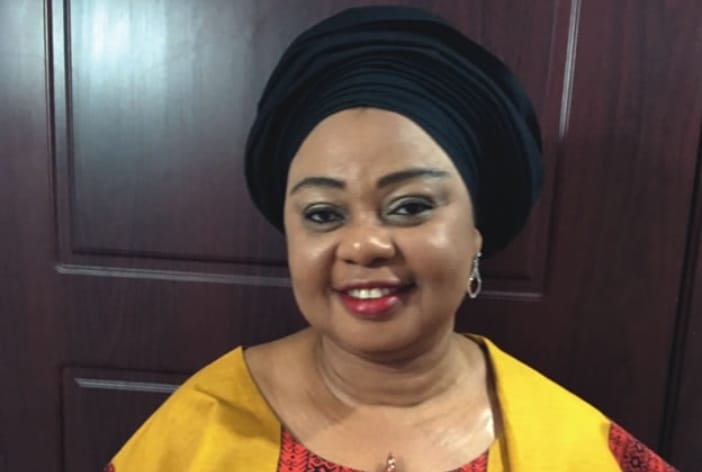The House of Representatives Ad hoc Committee investigating Nigeria’s power sector reforms and expenditure from 2007 to 2024 has summoned the Bureau of Public Procurement (BPP), the Ministry of Finance, the Budget Office of the Federation, the Office of the Accountant-General of the Federation, the Ministry of Power, and the Office of the Auditor-General over alleged evasion of legislative oversight.
Chairman of the committee, Arch. Ibrahim Almustapha Aliyu, issued the summons during a continued investigative hearing on Thursday, expressing frustration that the targeted agencies had repeatedly ignored official correspondence and failed to provide documents central to the probe.
Aliyu described their conduct as “an emerging pattern of avoidance” and directed the agencies to appear before the committee no later than 8 December 2025, warning that failure to comply would compel the House to invoke its constitutional powers to enforce attendance and secure the required documents.
He disclosed that the committee had written to the agencies since 10 November, followed by reminders on 19 November and subsequent dates, yet received no acknowledgment or meaningful response.
“We are getting increasingly frustrated,” Aliyu said. “These ministries and agencies are too critical to this investigation for them to continue staying away.”
Earlier, members of the committee adopted a motion urging the chairman to grant the agencies a short extension while expanding communication channels. The lawmakers proposed publishing the invitations in national newspapers to prevent any ministry or agency from claiming ignorance of the summons.
Aliyu upheld the recommendation, stating that the committee would issue fresh letters and publish the summons as a final goodwill gesture before deploying Sections 88 and 89 of the Constitution, which empower the National Assembly to compel attendance and demand documents from any person or authority.
The ongoing probe is one of the most extensive reviews of public investment in the power sector since Nigeria began its electricity reforms nearly two decades ago.
Between 2007 and 2024, successive administrations spent trillions of naira on expansion projects, regulatory restructuring, privatization phases, transmission upgrades and intervention programmes.
Yet Nigerians continue to endure erratic supply, poor generation capacity and frequent grid collapses.
The committee is seeking clarity on how these vast sums were allocated, the roles played by key government institutions, and why the huge investments have failed to deliver stable and reliable power for households and businesses.
“We cannot continue this way,” Aliyu said. “These agencies must come forward with their records. The Nigerian people deserve answers.”






